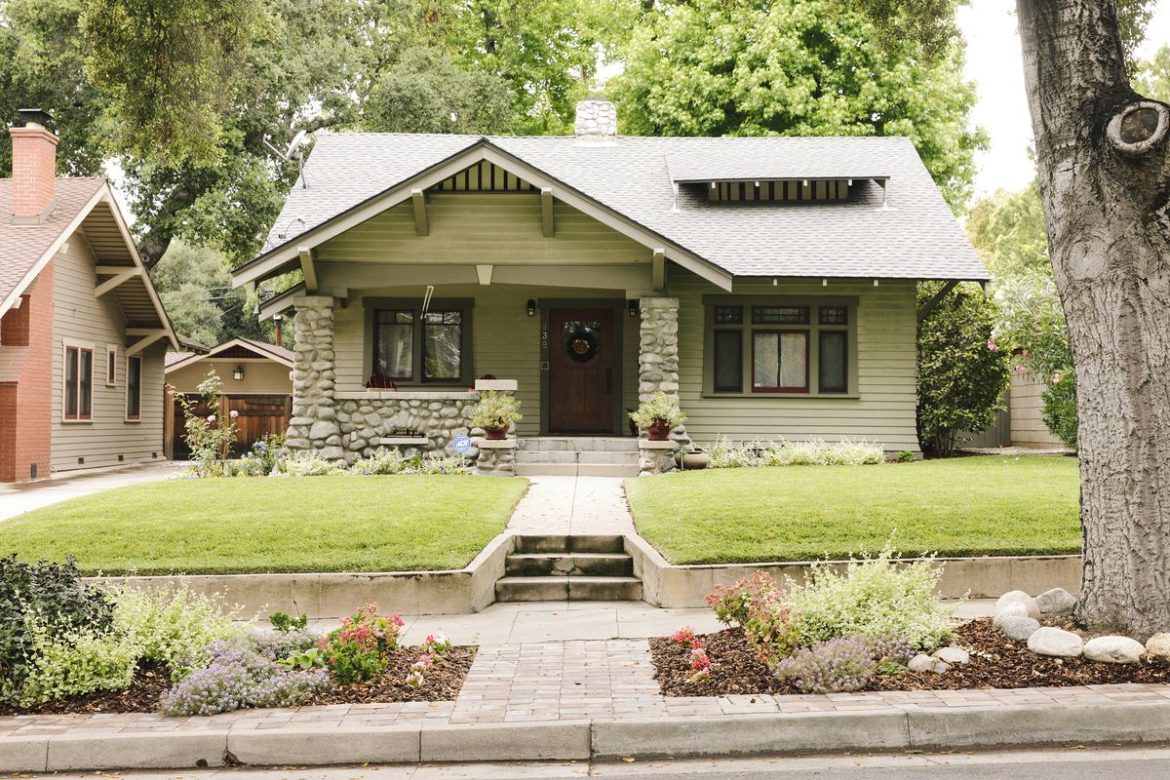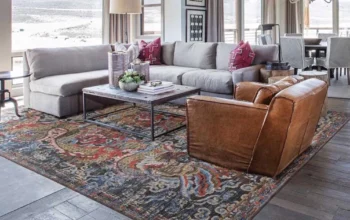Building Your Home – Checklist
It’s always more fun to build your own home than to purchase it. Mainly because, in the end, you will be able to enjoy it much more, as you designed it the way you wanted it. However, don’t underestimate how hard the road ahead can be. While it is well worth your effort to build instead of buy, the whole process can be very challenging and complex, to say the least.
So, to make sure everything goes as planned, you have to have a checklist in place. In this article, we will talk about the ultimate home building checklist.
1. Finances

To build a home, you’d need to take a home construction loan. But, this loan is usually bigger than most conventional loans and banks will take a direct look at your credit score to give you mortgage options.
When going to the bank to apply for your home construction loan, make sure to have your credit score as positive as you possibly can. Furthermore, banks and other lenders will require more documentation, since this type of loan is one of the bigger ones, so prepare all the necessary paperwork with you.
The amount of money you need depends on how much the entire home building process will cost you. The first thing that you need to take a look at is how expensive the desired building area is. By this, we mean cost per square foot. It can be $500 or it can be $1500, and it all depends on the area.
Other costs that you need to take into consideration are architectural and design fees, professional fees, permit fees, site preparation, construction costs, landscape, builder fees, cleanup fees, and sales tax.
2. Buying Land
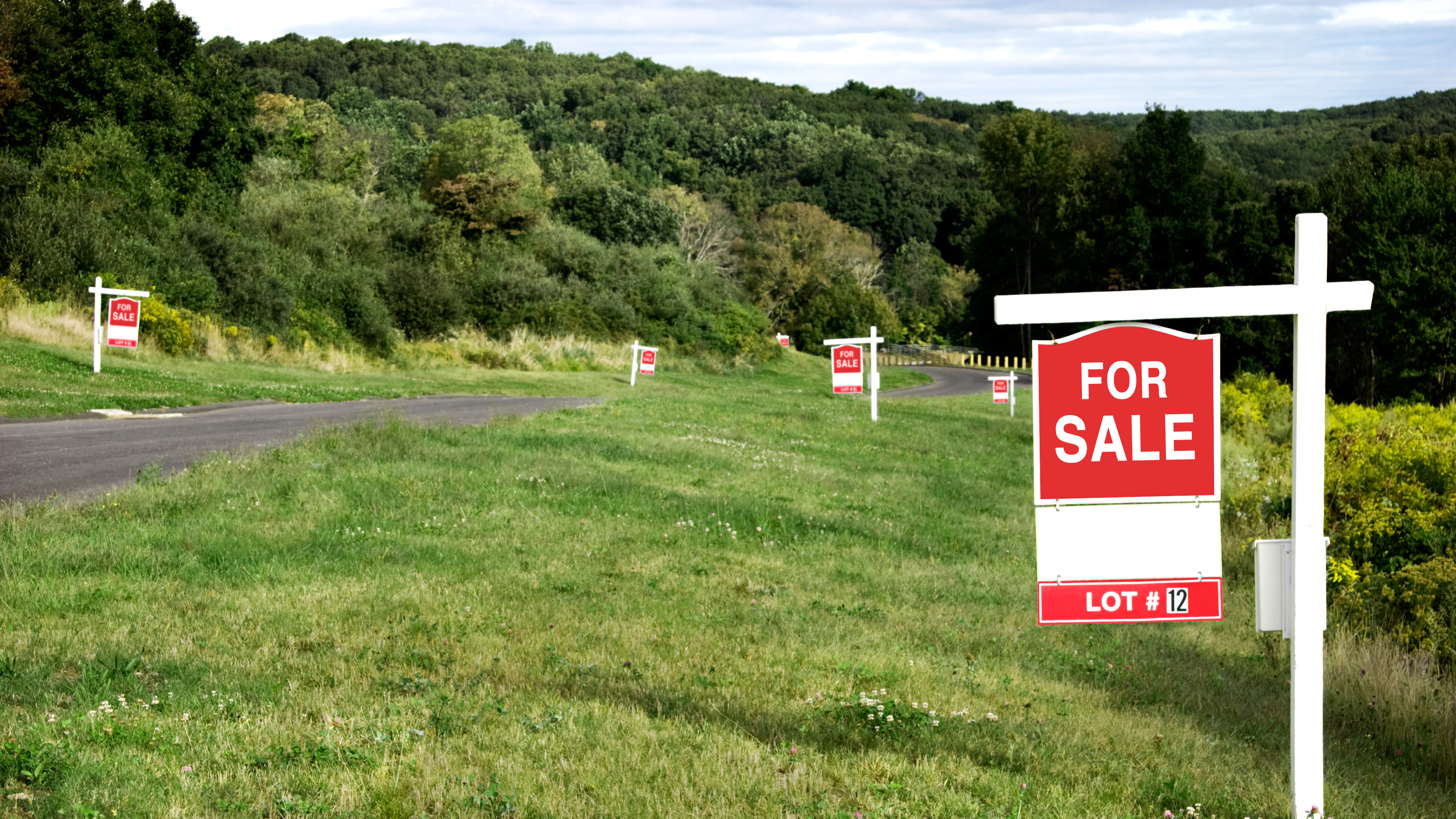
This is the most important part of your home building process, as making a wrong decision can cost you thousands of dollars. When deciding which land to buy, consider asking about the conditions of the lot. For this, you can take an experts’ opinion and enquire about whether they’ll be any extra expenses needed such as a septic tank hole, power and water hookups, etc.
Another thing to consider is the area where you’re planning to build. Is it rural or is it well within civilization? Does it have shops, schools, markets; does it have a traffic problem, is it safe for kids, etc. You can get an answer to all of these questions is you’d simply take a ride around the neighborhood and surrounding areas.
3. House Plan
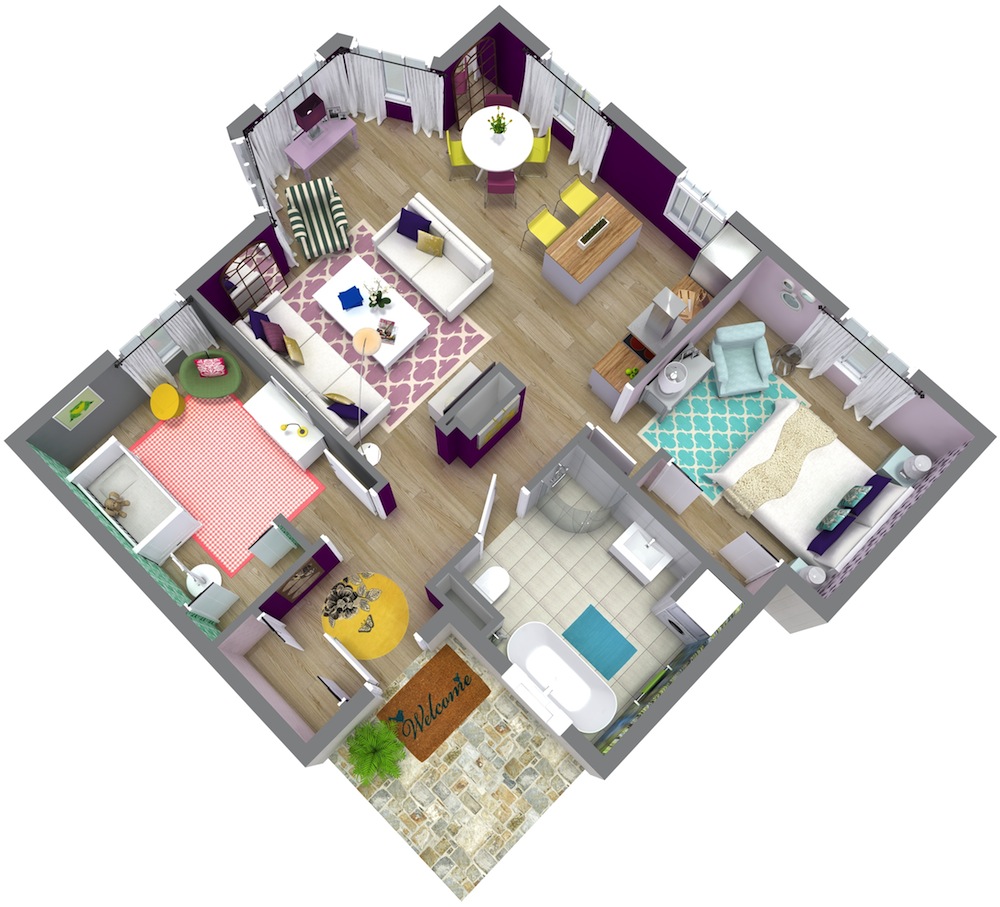
It’s safe to say that every step in this article is very important. The next step in your home building process is to make a house plan. A house plan is a detailed piece of paper(s) that holds directions, instructions, and navigations on how your home should be built. It is mainly done with an architect, of which you’d have to hire for doing one. A house plan will consist of the following things:
· Size
This can easily be calculated by taking into consideration the number of people that’ll live in the home. If you’re with kids or expecting kids, they should be taken into consideration. Most families go for a large, 6-bedroom, home and some go for much less. The bigger the size of your home, the more it will cost you.
· Floor Plan
The floor plan should be done based on what you want from your living room. If you’re quite sociable people, then you’d want a more open-concept living room instead of the traditional one where walls separate rooms.
· Features
Other features also play a key role in the making of the entire house plan, as certain features have their own pros and cons. If you want a large bay window, then some of the pros are that natural lighting will illuminate the area, making it quite gorgeous. A downside of that is that your heating/cooling bill will suffer from the escape of air. However, this can easily be solved if you purchase quality windows.
It’s always considered a rule of thumb to have your house plan optimized specifically for the loft you’ve purchased. For your entire DIY home building information needs such as tools and how to’s, make sure to visit plumbandlined.com.
4. Selecting a Home Builder
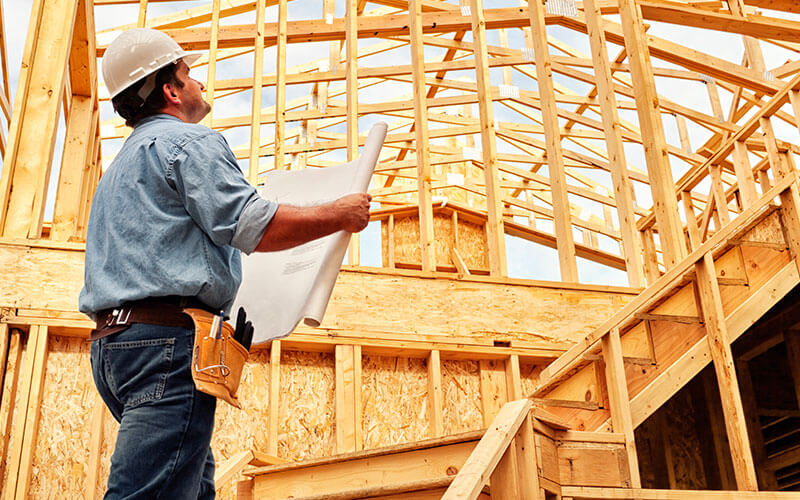
Although everything is important, a good home builder will be the difference in a positive outcome. A home builder is in charge of constructing your home. He is the person that will oversee operations and report to you on progress. So a home builder will be the link between the builders and yourself. This part should be very thoroughly researched, since making the wrong decision will cost you a lot in terms of finances and time. To help you make the selection easier, you have to ask the right questions, and we’ve got the questions to ask.
· Conducting a Personal Interview
Once you’ve got a few candidates lined up, it’s now time to meet them in person.
Ask them for an interview and ask all the necessary questions that you need. The right candidate will be more than willing to answer and even explain how the entire process will go. If they seem unwilling to do it, then they’re not the right person for your home building process. An important thing to note is that your builder will also hire subcontractors that will help him make your dream a reality.
So it’s always considered smart for him to let you know about who will be working on your home.
Another thing to ask is how long it will take them to construct your home. You can also work with your builder to come to a joint conclusion on a specific end date. This is oftentimes the case to coincide with the sale of an existing home.
Ultimately, you should always make the decision based on what’s in front of you.
If you’re pleased with a couple of candidates, trust your gut to make the choice. If you have doubts about a specific candidate, then don’t hire him. If you feel as the candidate hasn’t given you the right answers, avoid him. If you feel as the candidate isn’t fully transparent with you, then its best to not engage in business.

